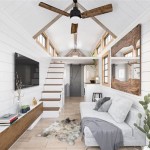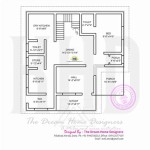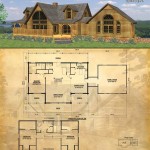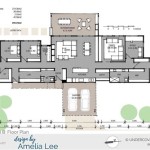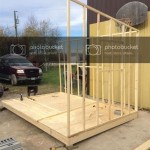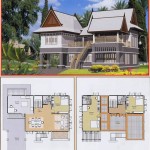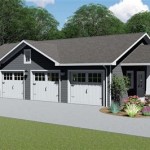Essential Aspects of Ghana House Plans Layouts
When it comes to designing your dream home in Ghana, the layout plays a crucial role in creating a functional and comfortable living space. Here are some essential aspects to consider when creating a house plan layout in Ghana:
1. Climate and Sun Orientation: Ghana's tropical climate requires careful consideration of sun orientation to optimize natural ventilation and minimize heat gain. Position rooms and windows to take advantage of cross-ventilation and shade outdoor areas from direct sunlight.
2. Cultural Considerations: Ghanaian culture values extended families and communal living. House plans should factor in spaces for multiple generations and guests, including shared areas and private en-suites.
3. Local Building Codes and Regulations: Ghana has established building codes and regulations that govern house designs. These codes ensure structural integrity, safety, and access to essential services. Adhere to these regulations to avoid legal issues and ensure a compliant home.
4. Functional Zoning: Divide the house into functional zones: public, semi-private, and private. Public areas, such as the living room and dining room, should be easily accessible from the entrance, while semi-private areas, like bedrooms, can be separated by corridors or courtyards.
5. Circulation and Flow: Plan the layout to ensure smooth circulation and flow of movement. Avoid bottlenecks and create clear pathways between rooms and outdoor spaces.
6. Outdoor Living Spaces: Ghana's warm climate encourages outdoor living. Incorporate verandas, balconies, or courtyards into your design to create additional living and entertaining spaces.
7. Kitchen Design: The kitchen is a central gathering space in Ghanaian homes. Ensure it is well-ventilated and has ample storage, work surfaces, and natural light.
8. Sustainable Features: Consider incorporating sustainable features into your house plan, such as energy-efficient appliances, rainwater harvesting systems, and solar panels. These features can reduce your environmental impact and lower your utility bills.
9. Security: Ghana's urban areas require attention to security. Design your house plan with secure entrances, burglar bars, and proper lighting to deter intruders.
10. Professional Architect: Engaging a professional architect or designer is highly recommended. They can guide you through the design process, ensure compliance with regulations, and help you create a house plan that meets your specific needs and aspirations.
By considering these essential aspects, you can create a Ghana house plan layout that fulfills your functional, cultural, and aesthetic requirements while ensuring comfort, safety, and sustainability.

V 345 Ghana Luxury Two Y Tiny Home Plan With Flat Terrace Roof 4 Bed Bath Ibest Ing Modern Simple House Design Deck

House Plans Ghana 3 4 5 6 Bedroom In Three Plan

Ghana House Plans Architects

Ghana Livistona Luxury House Floor Plans

Ghana Coastal House Plans For All N Countries

Architectural Design House Plans For All N Countries With Pictures

Ghana House Plans Kingsley Plan Small Cottage Family

V 345 Ghana Luxury Two Y Tiny Home Plan With Flat Terrace Roof 4 Bed Bath Ibest Ing Modern Simple House Design Deck

Architectural Designs House Plans Ghana Simple Home Design

Ghana House Plans Designs By Maramani

